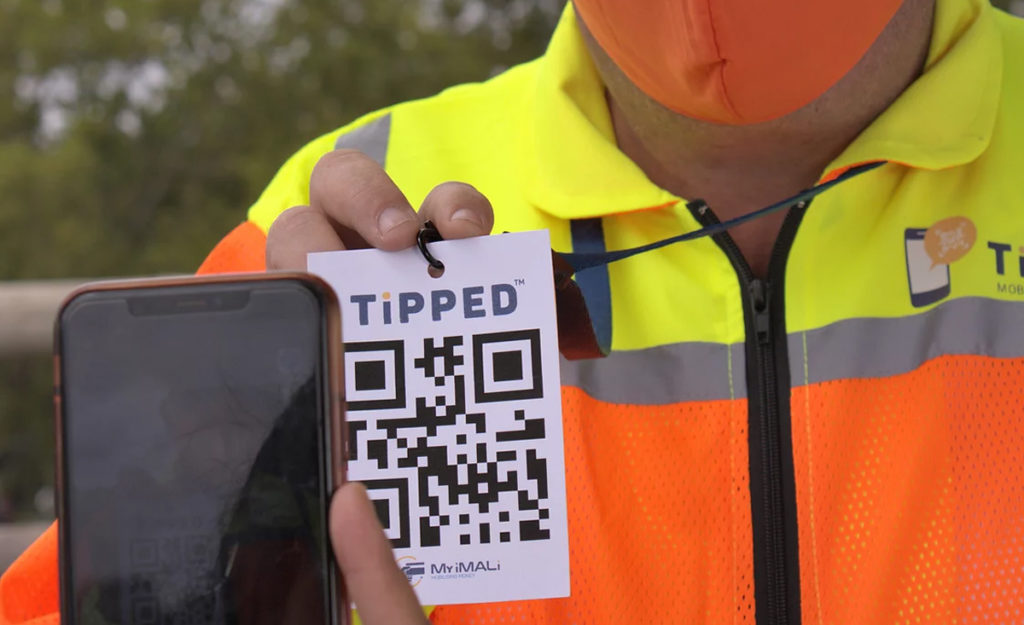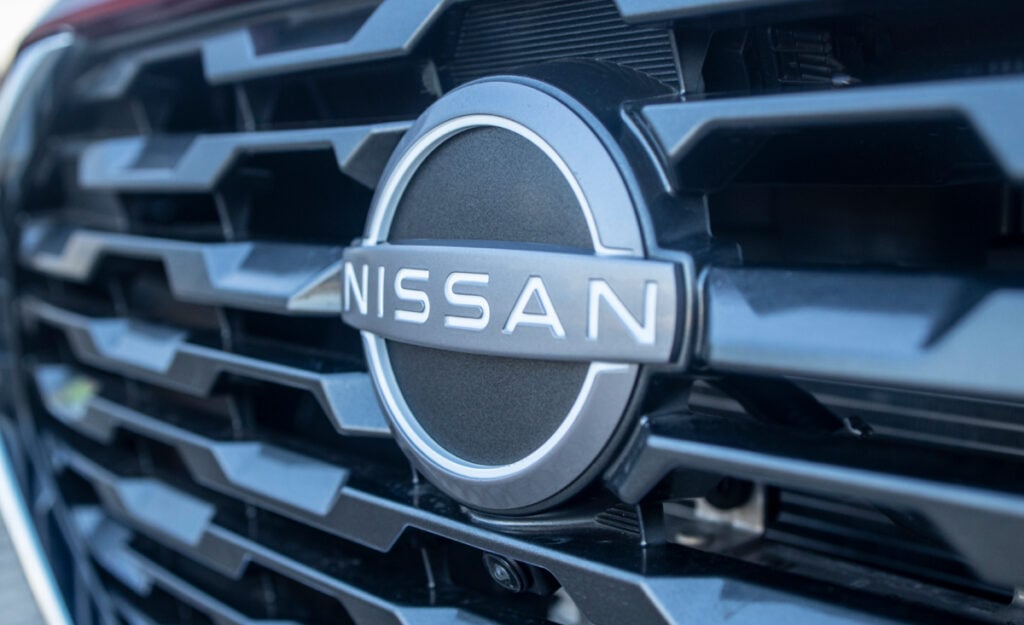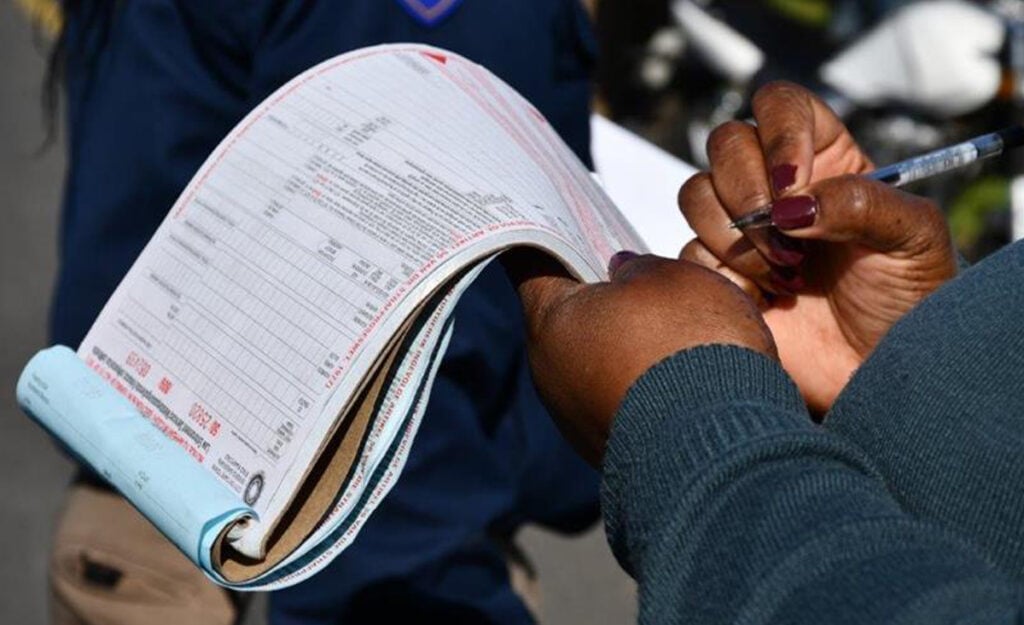
Car guards in South Africa have enjoyed a significant increase in income since the launch of digital tipping platforms such as Tipped, with some even seeing an income of up to R600 per day.
With fewer and fewer people nowadays carrying cash, Tipped saw a gap in the market to digitise the practice of paying gratuities to parking lot wardens and fuel station attendants.
Car guards participating in the scheme wear a QR code around their neck, which a motorist can scan with their smartphone should they wish to thank them for their services.
The payment is processed on the user’s side and instantly reflects in the receiver’s account after a small transaction fee is deducted.
In turn, they can can transfer the money they make to a South African bank account.
Alternatively, they can buy airtime or data from a mobile network, play Lotto, buy electricity, and purchase goods at stores like Checkers, CelluCity, and Burger King directly from the app.
The average tip in South Africa
Kimlynn Temple, creator and CEO of Tipped, revealed to 702 that the company has seen a significant increase in the value and frequency of tips paid since its launch in 2021.
Today, the average car guard receives anywhere from 12 to 20 tips per day, with the average value of tips sitting at R30.
This equates to a daily income range of R360 to R600, and a weekly average of R2,520 to R4,200 assuming no days off.
“It’s a surprising stat that has come forward for us, to see the average tip coming through our platform is now R30,” said Temple.
She said the high average tip value represents a psychological shift among the nation’s motorists.
“As opposed to handing over money for a tip, digging for a R5 or R10 or whatever you may have available, you can now tip digitally through the mechanism we’ve enabled,” said Temple.
“This shift to increasing tips has been a beautiful thing to see.”
Data from the Motor Industry Bargaining Council shows that petrol forecourt employees currently earn a minimum weekly wage of R1,962.
The shift to digital tipping has increased this amount by as much as 40% for both car guards and fuel attendants.
One fuel attendant even told Temple that he has saved up over R4,000 in his Tipped wallet.
The extra revenue has been a blessing for these individuals who are oftentimes the breadwinners in their families.
“Not only are we uplifting and empowering individuals through the digital wallet, but on top of that we’re actually revolutionising tipping cultures and tipping processes,” concluded Temple.








